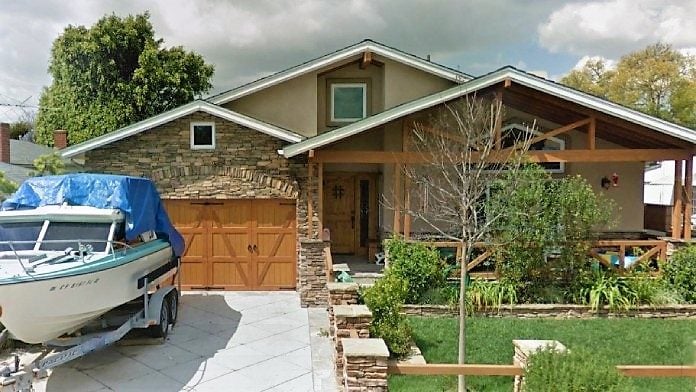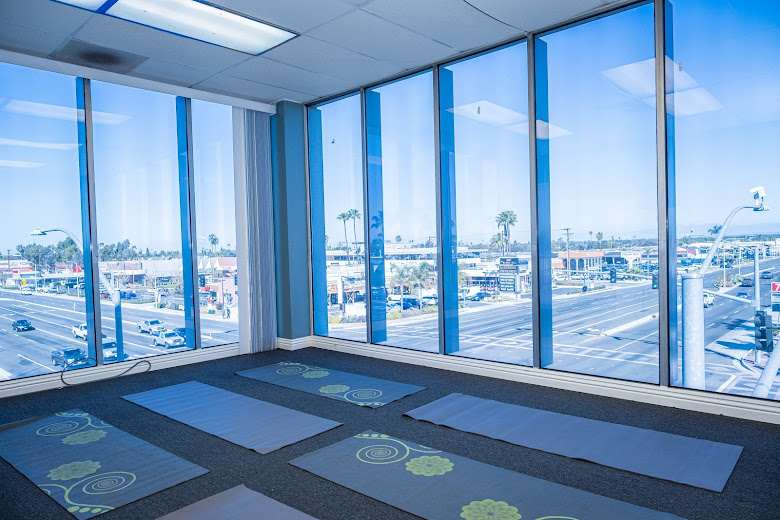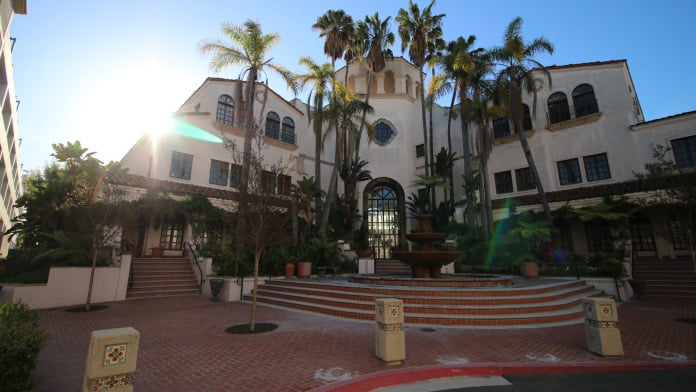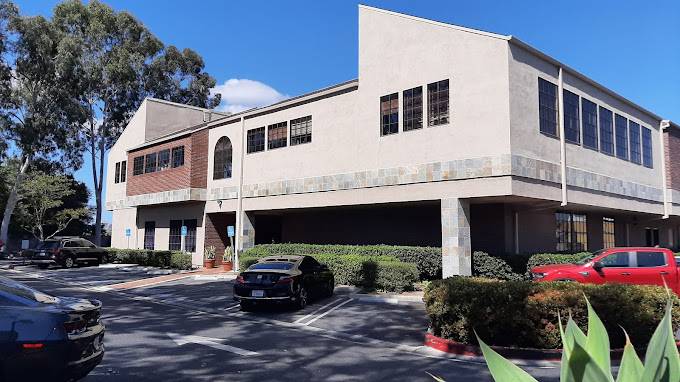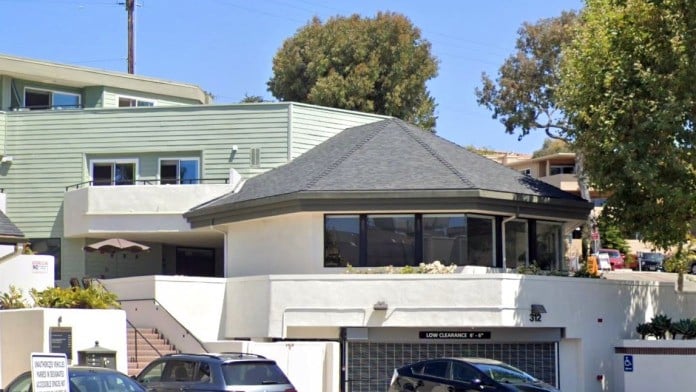About Safe Harbor Treatment Center for Women – Knox Street
Safe Harbor guides clients through the recovery process in such a way that they feel empowered. Clients are taught the value of self love and self worth as the foundation of recovery. Services include detox, residential treatment, and co-occurring disorder (dual diagnosis) treatment.
Clients who have recently used drugs or alcohol may be required to undergo detox before entering treatment. Medically managed detox allows clients to stay at the center while staff help them manage their symptoms and prepare them for the next stage of treatment.
While participating in the residential program, clients live at a home-like residence under the supervision and care of staff. This is a supportive and welcoming environment that encourages clients to socialize and help one another as they progress through the program. Treatment focuses on therapy, education, and group activities to help clients recognize their triggers and develop healthy coping skills.
Clients with a mental health diagnosis alongside substance abuse are said to have a co-occurring disorder. Co-occurring disorders can cause severe symptoms, but specialized treatment targets both problems at once to reduce the risk of relapse.
Safe Harbor Treatment Center for Women works with most major insurance plans. Clients should first consult with their insurance provider to confirm coverage, because in network and out of network benefits can vary.
Rehab Score
Gallery
Accepted Insurance


Other Forms of Payment
Private insurance refers to any kind of healthcare coverage that isn't from the state or federal government. This includes individual and family plans offered by an employer or purchased from the Insurance Marketplace. Every plan will have different requirements and out of pocket costs so be sure to get the full details before you start treatment.
Self-pay involves paying for treatment out of your own pocket. You can use savings or credit, get a personal loan, or receive help from family and friends to fund your treatment. If you don't have insurance or your insurance plan doesn't cover a specific program, self-pay can help ensure you still get the care you need.
Military members, veterans, and eligible dependents have access to specific insurance programs that help them get the care they need. TRICARE and VA insurance can help you access low cost or no cost addiction and mental health treatment. Programs that accept military insurance often have targeted treatment focused on the unique challenges military members, veterans, and their families face.
Addiction Treatments
Levels of Care
 Outpatient
Outpatient
 Medically Assisted Detox
Medically Assisted Detox
 Inpatient
Inpatient
 Sober Living Homes
Sober Living Homes
 12-Step
12-Step
Treatments
The goal of treatment for alcoholism is abstinence. Those with poor social support, poor motivation, or psychiatric disorders tend to relapse within a few years of treatment. For these people, success is measured by longer periods of abstinence, reduced use of alcohol, better health, and improved social functioning. Recovery and Maintenance are usually based on 12 step programs and AA meetings.
Drug rehab in California teaches participants constructive ways to stay clean and sober. Treatment revolves around helping individuals stop using the substance they are addicted to and learn healthy habits to avoid relapse.
Many of those suffering from addiction also suffer from mental or emotional illnesses like schizophrenia, bipolar disorder, depression, or anxiety disorders. Rehab and other substance abuse facilities treating those with a dual diagnosis or co-occurring disorder administer psychiatric treatment to address the person's mental health issue in addition to drug and alcohol rehabilitation.
A combined mental health and substance abuse rehab has the staff and resources available to handle individuals with both mental health and substance abuse issues. It can be challenging to determine where a specific symptom stems from (a mental health issue or an issue related to substance abuse), so mental health and substance abuse professionals are helpful in detangling symptoms and keeping treatment on track.
Opioid rehabs specialize in supporting those recovering from opioid addiction. They treat those suffering from addiction to illegal opioids like heroin, as well as prescription drugs like oxycodone. These centers typically combine both physical as well as mental and emotional support to help stop addiction. Physical support often includes medical detox and subsequent medical support (including medication), and mental support includes in-depth therapy to address the underlying causes of addiction.
Programs

Adult Program

Young Adult Program
Clinical Services
Creativity is inherently healing, and can help those in recovery express thoughts or feelings they might not otherwise be able to. Creative arts therapy can include music, poetry/writing, painting, sculpting, dance, theater, sandplay, and more. Unlike traditional art, the final product matters far less than the experience of creation and expression itself.
DBT combines standard cognitive-behavioral techniques for emotion regulation and Reality-testing with concepts of distress tolerance, acceptance, and mindful-awareness. DBT Skills Training teaching provides clients with the “how” skills to deal with issues including emotionally reactive behaviors, the inability to express feelings and self-calm, and stress. The DBT Groups at Safe Harbor are designed to equip women with the skills and knowledge to manage their emotions while participating in everyday life.
Eating disorders include anorexia, bulimia, binge eating, and dysfunctional eating patterns. Many psychologists and other mental health professionals consider eating disorders to be food addictions, meaning food is being used in an addictive way (similar to drug or alcohol addiction). Certain substance abuse treatment programs will have treatment for eating disorders as one of the services offered. An eating disorder may also present as a co-occuring disorder or dual diagnosis alongside drug and alcohol addiction.
Experiential therapy is a form of therapy in which clients are encouraged to surface and work through subconscious issues by engaging in real-time experiences. Experiential therapy departs from traditional talk therapy by involving the body, and having clients engage in activities, movements, and physical and emotional expression. This can involve role-play or using props (which can include other people). Experiential therapy can help people process trauma, memories, and emotion quickly, deeply, and in a lasting fashion, leading to substantial and impactful healing.
EMDR is a therapeutic modality originally developed to help process trauma. In an EMDR session, a patient is prompted to undergo eye movements that mimic those of REM sleep. This is accomplished by watching a therapist's finger move back and forth across, or following a bar of light. The goal is repetitive sets of eye movements that help the brain reprocess memory, which can significantly reduce the intensity of remembered traumatic incidents. Associated memories can heal simultaneously, leaving patients significantly calmer, more stable, and more emotionally relaxed.
Group therapy is any therapeutic work that happens in a group (not one-on-one). There are a number of different group therapy modalities, including support groups, experiential therapy, psycho-education, and more. Group therapy involves treatment as well as processing interaction between group members.
Hypnotherapy uses deep relaxation, motivation and concentration to organically create subconscious changes in thought patterns. Guided Imagery is frequently used in this group, depending on the needs of the community at that time. It is common for women who are recovering from an addiction to experience distressing feelings such as panic attacks, jealousy, anger, guilt, anxiety and inadequacy. Hypnotherapy is an approachable, proven option to help women heal from these negative thoughts or behaviors.
In individual therapy, a patient meets one-on-one with a trained psychologist or counselor. Therapy is a pivotal part of effective substance abuse treatment, as it often covers root causes of addiction, including challenges faced by the patient in their social, family, and work/school life.
Life skills trainings involve all the skills a person must have in order to function successfully in the world. These include time management, career guidance, money management, and effective communication. Truly successful addiction recovery is based on the ability to not only live substance-free, but to thrive. Life skills teaches the practical necessities of functioning in society, which sets clients up for success in life, and therefore sobriety.
Nutrition therapy, aka medical nutrition therapy (MNT), is a way of treating physical, emotional, and medical conditions through diet. Specific dietary plans are designed by professional nutritionists or registered dietitians, and patients follow them in order to positively affect their physical and mental health. In this group at Safe Harbor Treatment Center for Women - Knox Street, women will be educated about healthy eating habits, which include meal planning, purchasing and cooking healthy snacks and meals. Nutrition Group provides both academic and practical nutritional education for our women. This motivates them to want to make the dietary and, often, lifestyle changes that are necessary to ensure a healthy recovery.
Trauma therapy addresses traumatic incidents from a client's past that are likely affecting their present-day experience. Trauma is often one of the primary triggers and potential causes of addiction, and can stem from child sexual abuse, domestic violence, having a parent with a mental illness, losing one or both parents at a young age, teenage or adult sexual assault, or any number of other factors. The purpose of trauma therapy is to allow a patient to process trauma and move through and past it, with the help of trained and compassionate mental health professionals.
Amenities
-
Residential Setting
-
Private Setting
-
Yoga Studio
-
Private Rooms
Staff & Accreditations
Staff
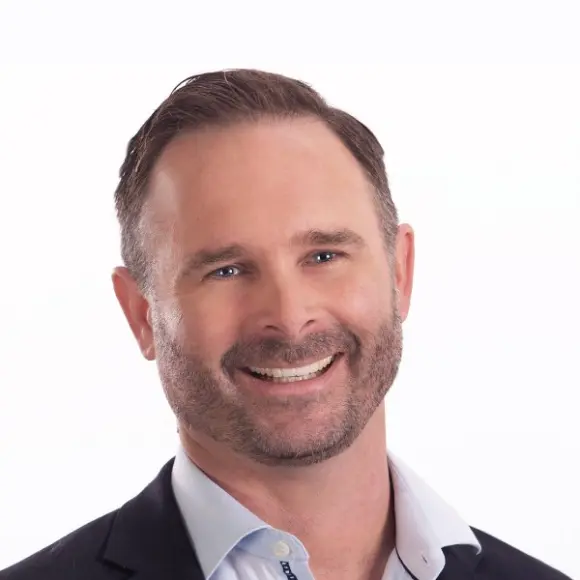
Christian Small
Medical Director
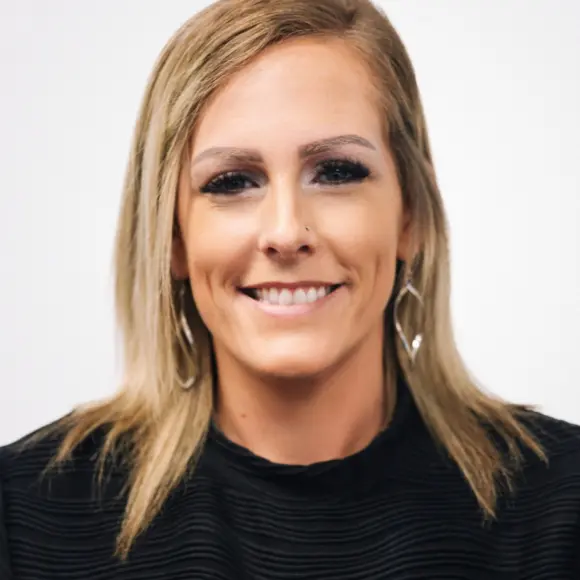
Dr.Brandi Jordan, Ph.D
Chief Operating Officer Psychologist

Dr.Jenny Morey, Psy.D
Regional Clinical Director & Licensed Clinical Psychologist
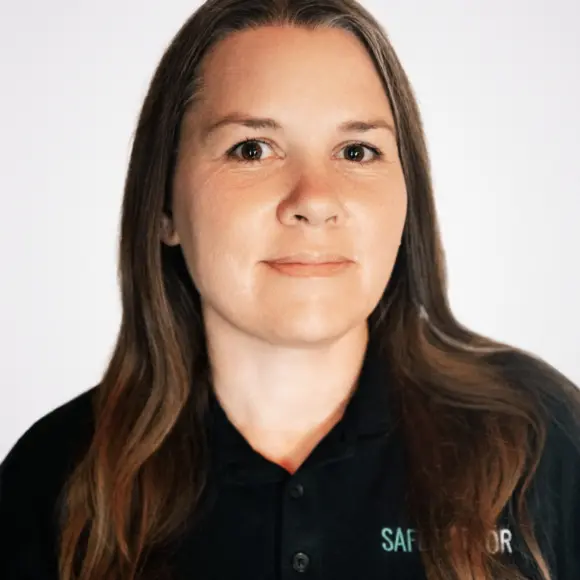
Arin Larso
Program Director
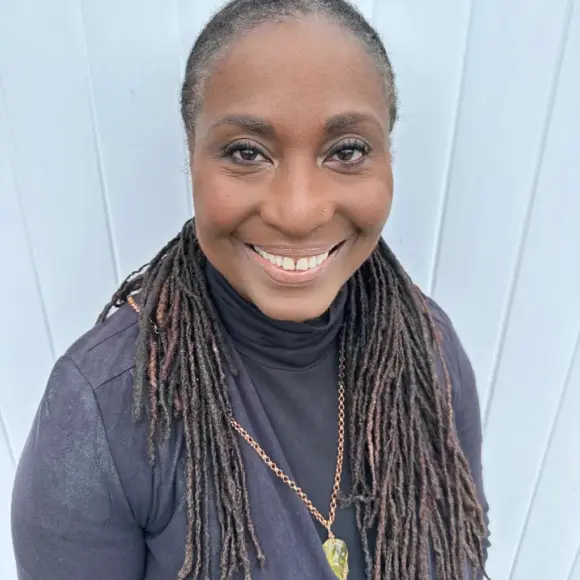
Rev. Arlene Hylton
Spiritual Director
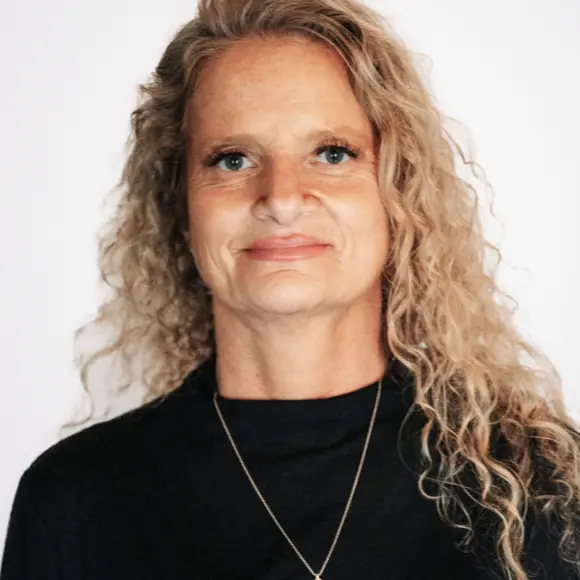
Kim Kaiser
Case Manager

Trenton Barton
Operations Manager

Nicholas Lodge
Human Resources
Accreditations

The Joint Commission, formerly known as JCAHO, is a nonprofit organization that accredits rehab organizations and programs. Founded in 1951, the Joint Commision's mission is to improve the quality of patient care and demonstrating the quality of patient care.
Joint Commission Accreditation: Yes

State Licenses are permits issued by government agencies that allow rehab organizations to conduct business legally within a certain geographical area. Typically, the kind of program a rehab facility offers, along with its physical location, determines which licenses are required to operate legally.
State License: California
Contact Information
240 Knox street
Costa Mesa, CA 92627
